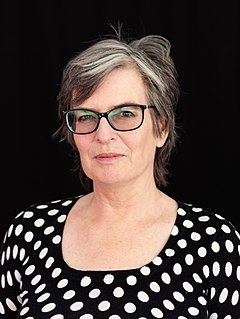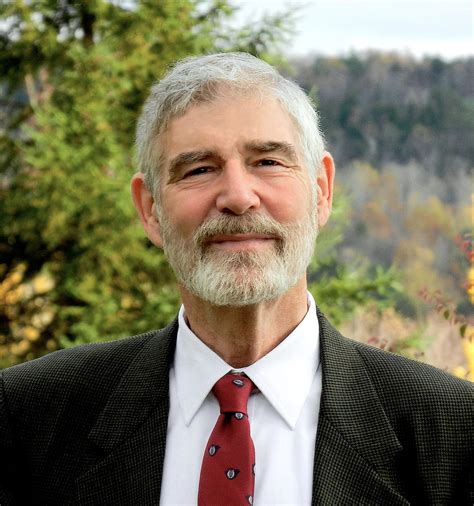A Quote by Gary Chapman
Once you identify and learn to speak your spouse’s primary love language, I believe that you will have discovered the key to a long-lasting, loving marriage. Love need not evaporate after the wedding, but in order to keep it alive most of us will have to put forth effort to learn a secondary love language. We cannot rely on our native tongue if our spouse does not understand it. If we want them to feel the love we are trying to communicate, we must express it in his or her primary love language.
Quote Topics
After
Alive
Believe
Cannot
Communicate
Discovered
Does
Effort
Evaporate
Express
Feel
Forth
Her
His
I Believe
Identify
Keep
Key
Language
Lasting
Learn
Long
Long-Lasting
Love
Loving
Marriage
Most
Must
Native
Need
Once
Order
Our
Primary
Put
Rely
Secondary
Speak
Spouse
Them
Tongue
Trying
Understand
Us
Want
We Cannot
Wedding
Will
Your
Related Quotes
Love can be expressed and received in all five languages. However, if you don't speak a person's primary love language, that person will not feel loved, even though you may be speaking the other four. Once you are speaking his or her primary love language fluently, then you can sprinkle in the other four and they will be like icing on the cake.
This word "LOVE" - discredited, "clicheed" - can be restored and love, the instinct, the impulse to care for somebody in the hope that somebody will care for you - plus our language, the language, a language - is about all we have. With everything else going on, this is what makes us, what keeps us human.
schools for love do not exist. everyone assumes that we will know how to love instinctively. despite overwhelming evidence to the contrary, we still accept that the family is the primary school for love. those of us who do not learn how to love among family are expected to experience love in romantic relationships. however this love often eludes us.
Love is never easy. We begin by loving the things we can, according to our stature, but it is not long before we find that what we love is other than ourselves and that our love is no protection against being wounded. Do we then speak to dominate what we love, to make it bend to our will, to stop it from hurting us even though to do so is to betray love? And that is only where the difficulty begins.
I'm German! Actually, I love my countr, ;I love the language. The German language is very special because it is so precise. There is a word for everything. There are so many wonderful words that other languages don't have. It is impressive to have such a rich language, and I love to work in that language.
Encouragement requires empathy and seeing the world from your spouse's perspective. We must first learn what is important to our spouse. Only then can we give encouragement. With verbal encouragement, we are trying to communicate, "I know. I care. I am with you. How can I help?" We are trying to show that we believe in him and in his abilities. We are giving credit and praise.
Healthy fiction, no matter how wildly it may depart from the material order, teaches us to love ourselves in a wholesome manner by loving our neighbor. Indeed, even by loving our enemies - at least by trying to learn to love them, and by believing that it is right to do so. With grace this is possible.
There may come a time when it will be possible for you to humiliate your worst enemy or even to defeat him, but in order to love the enemy you must not do it... The Greek language has another word [for love]. It calls it agape. Agape is more than romantic love. Agape is more than friendship. Agape is understanding, redemptive goodwill for all men. Agape is an overflowing love, a spontaneous love, which seeks nothing in return. And theologians would say that it is the love of God operating in the human heart. When you rise to love on this level you love all men, not because you like them, not because their ways appeal to you, not because they are worthful to you, but you love all men because God loves them. And you rise to the noble heights of loving the person who does the evil deed while hating the deed that the person does. And I think this is what Jesus means when he says, “Love your enemies.”





























